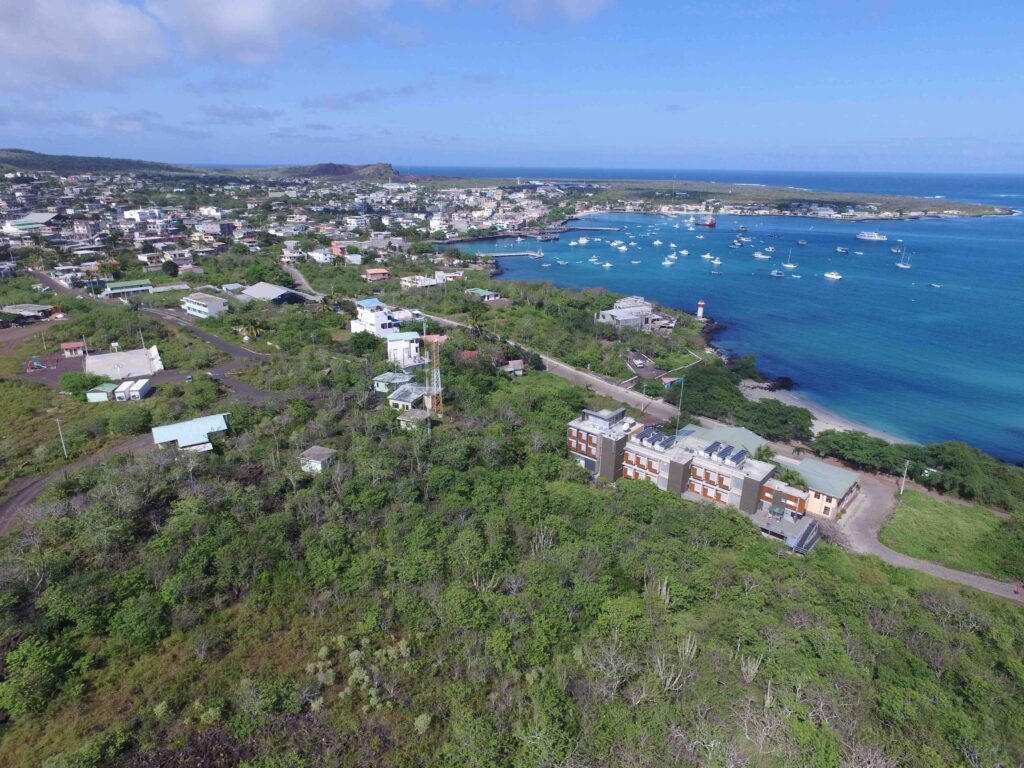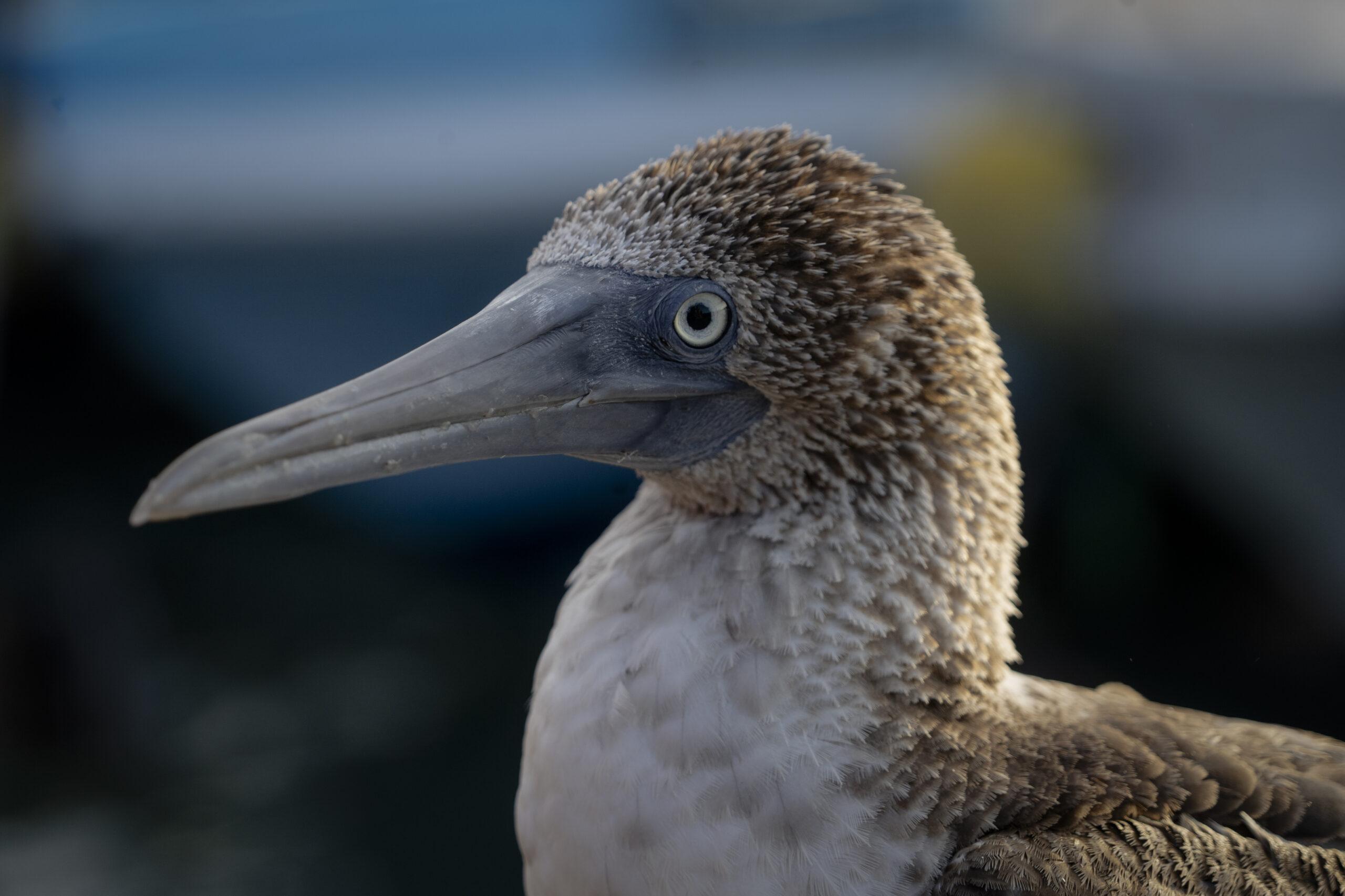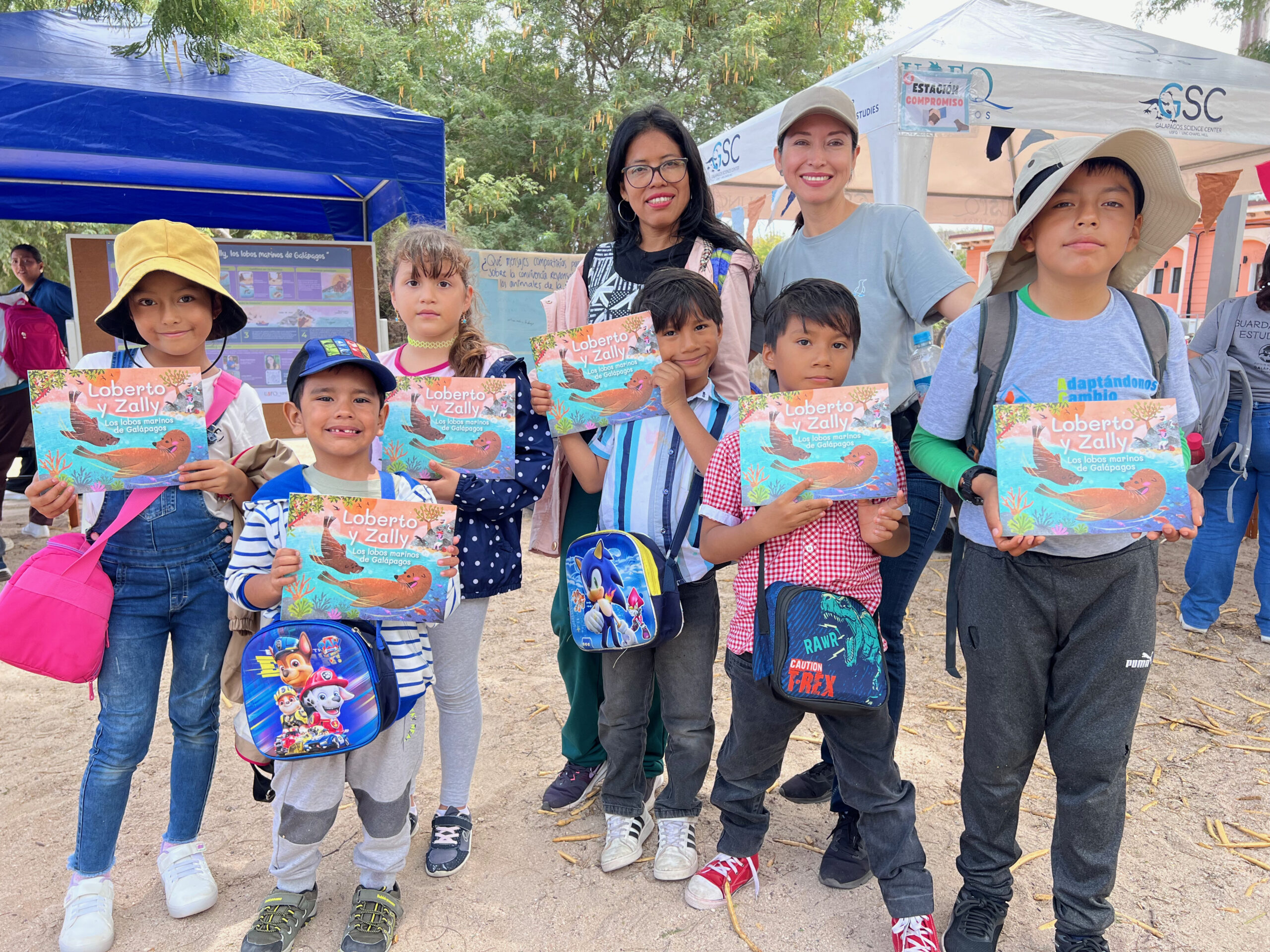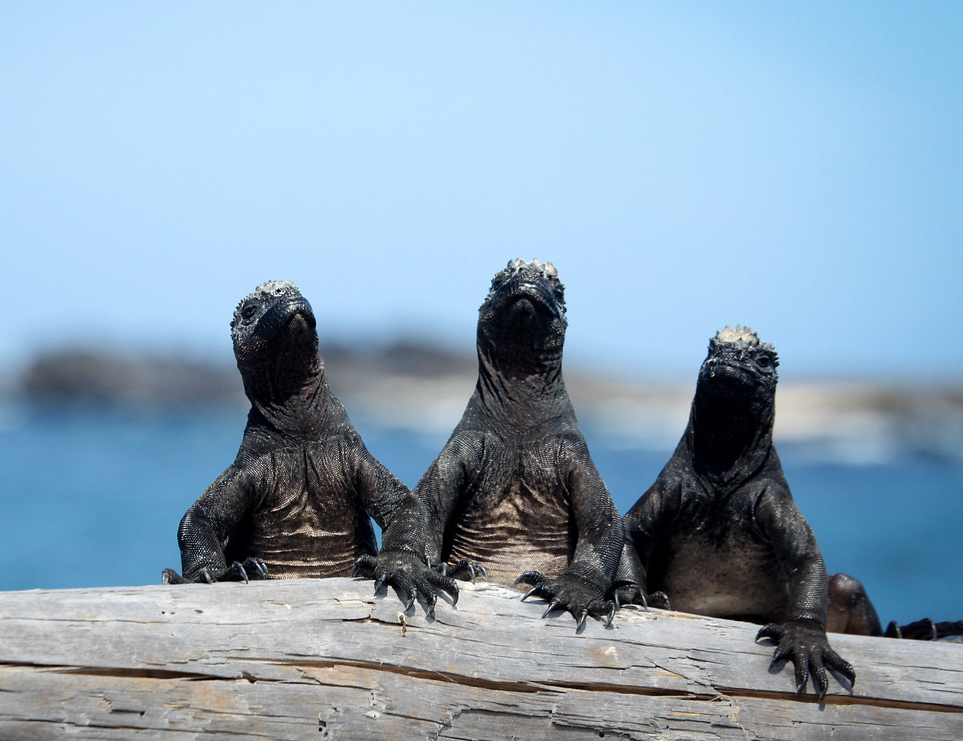San Cristóbal, Islas Galápagos.
Resumen
Las tecnologías de energía renovable pueden tener consecuencias socioeconómicas y ambientales positivas a nivel local, regional y global. Sin embargo, la transición a fuentes de energía renovable requiere inversiones de capital sustanciales, lo que demanda mecanismos de financiación alternativos, especialmente en áreas en desarrollo. En este estudio, utilizamos el método de valoración contingente para evaluar la viabilidad económica de contribuciones voluntarias de turistas para financiar proyectos de energía renovable en las Islas Galápagos, un destino turístico de renombre. De los 336 turistas que completaron nuestra encuesta, el 42.3 % estaban dispuestos a donar. Los resultados de la estimación basados en modelos logit indican que la probabilidad de donar está inversamente relacionada con el monto de la donación y positivamente relacionada con la percepción de la consecuencia de nuestro estudio y la familiaridad de los turistas con la energía renovable. Las estimaciones conservadoras indican que el turista mediano haría una donación única de US$ 85 para financiar la transición a la energía renovable. Concluimos que las donaciones voluntarias de turistas pueden acelerar la transición a la energía renovable y, por lo tanto, ayudar a las Islas Galápagos a alcanzar su objetivo de descarbonizar las islas para 2030.
Conoce más del artículo científico en el siguiente enlace: https://doi.org/10.1016/j.esd.2024.101434






